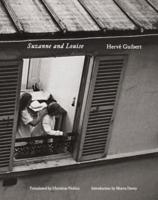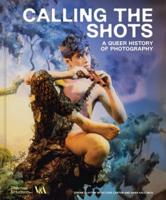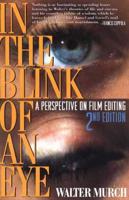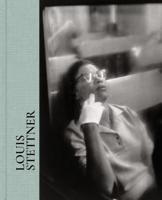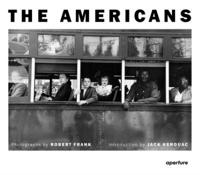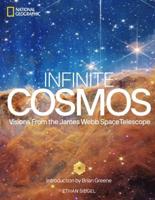Publisher's Synopsis
Over recent years, an imperfect storm of global and local circumstances has reinvigorated Cuba's creative and alternative subcultures like never before. Largely driven by the recent widespread Internet access and the relaxation of the embargo during the Obama administration, the younger generation has increasingly embraced global influences, while suffering from the dire economic context on the island. Due to Cuba's strict COVID-19 lockdowns and renewed U.S. sanctions, few overseas visitors have witnessed this vibrant new reality. Within days of the Cuban government relaxing travel restrictions in 2021, JF Bouchard began two years of frequent visits, fifteen trips in total, to the island to document an unprecedented explosion of expression that has been incubating over the past decade, largely unseen by the wider world. Through his main collaborators, Devon Ruiz and Osmel Azcuy, he gained access to various local youth communities including punk bands, drag queens, and BDSM enthusiasts. The younger generation of Cubans, The New Cubans, in the photographer's view, are nothing like their elders. With limited means and constant daily aggravations they somehow find ways to make their lives a kaleidoscope of culture, creativity, and even festivities. Various subcultures thrive and gender-diversity has blossomed over recent years. The very existence of these subcultures surprises many foreigners who have a 'communist Cold War-era' perception of Cuban society as frozen in a monolithic mandated social uniformity. This is simply not true. But Cuba also faces the largest migration crisis in its existence. In the past few years alone, hundreds of thousands of Cubans have left the country, many of them younger people. Many of the author's subjects have since fled the island or intend to, making his photographs vestiges of rapidly vanishing social circles and moments in Cuban history. Comprising more than 150 intimate, revealing photographs over 256 pages, The New Cubans is augmented with profiles of the fascinating individuals who welcomed Bouchard into their world. The book also features an interview with NYC-based photographer Matthew Leifheit and an essay by Cuban-based art critic Jorge Pere. Devon Ruiz, the photographer's close collaborator who's a vivacious star in the nightlife and art scenes in Havana, contributes heartfelt text. The book's ultimate aim is to celebrate the lesser-known but vibrant Cuban inclusiveness, gender-diversity openness, and the lifestyles of the younger, connected Cubans who will shape the future of the island or leave it behind in search of new possibilities.

